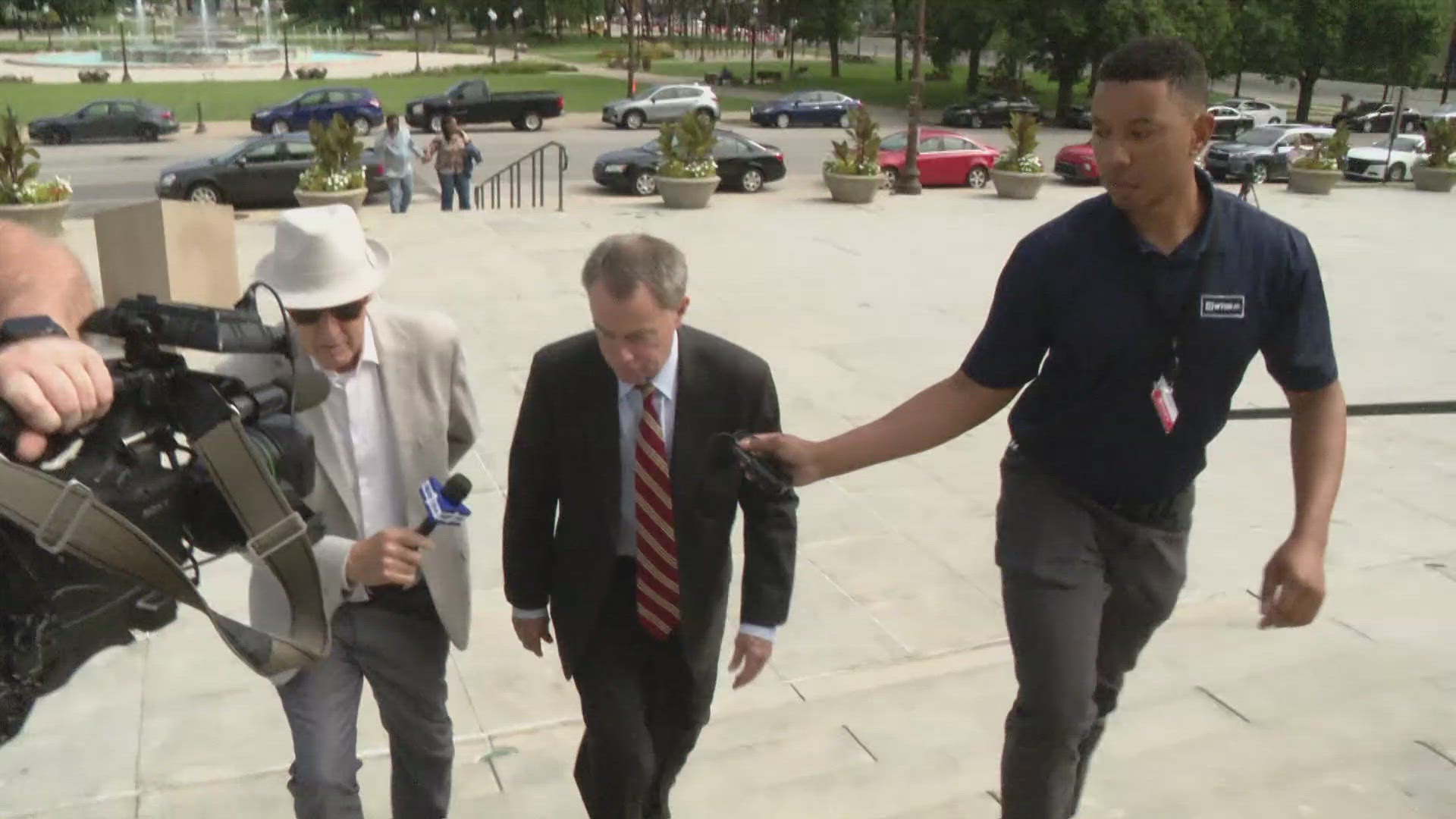INDIANAPOLIS — On Monday, Aug. 12, the full Indianapolis City-County Council is scheduled to meet at 7 p.m.
Mayor Joe Hogsett is expected to introduce his proposal for next year's city budget.
The council may also act on allegations he failed to adequately protect employees from alleged sexual harassment by his former top aid, Thomas Cook. Council President Vop Osili has promised to improve protections for City-County employees, while Republicans on the council are calling for an investigation.
There are also proposals on short-term rentals, pedestrian safety, animal breeding and a Downtown Economic Enhancement District that could get votes.
It's a busy night. Here's what you need to know about each issue:

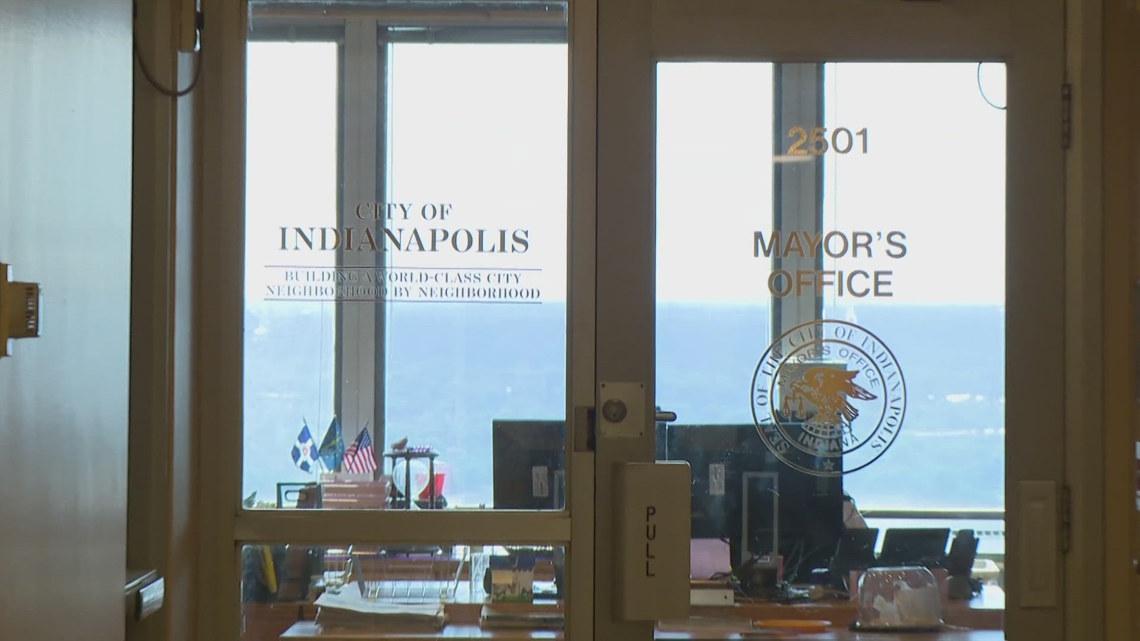
Indy's sexual harassment scandal
Former city employee Caroline Ellert and former campaign employee Lauren Roberts say that former chief deputy mayor Thomas Cook sexually harassed them. They also say not enough was done to protect them, punish Cook, and help them after he was eventually fired.
At least one councilor has called on Hogsett to resign over his handling of the issue.
Council Republicans announced plans to introduce a proposal to investigate how sexual harassment is handled in city government.
Osili and other councilors promised a three-step plan to better protect employees, but had not drafted a proposal as of Friday, Aug. 9.
No proposal on sexual harassment was in the official agenda for Monday's meeting.
The next deadline for a proposal to be introduced is Aug. 29.
(Editor's note: This story was updated to correct that Lauren Roberts was a former campaign employee, not a former city employee.)
RELATED: City-County council president promises action to protect against harassment and discrimination

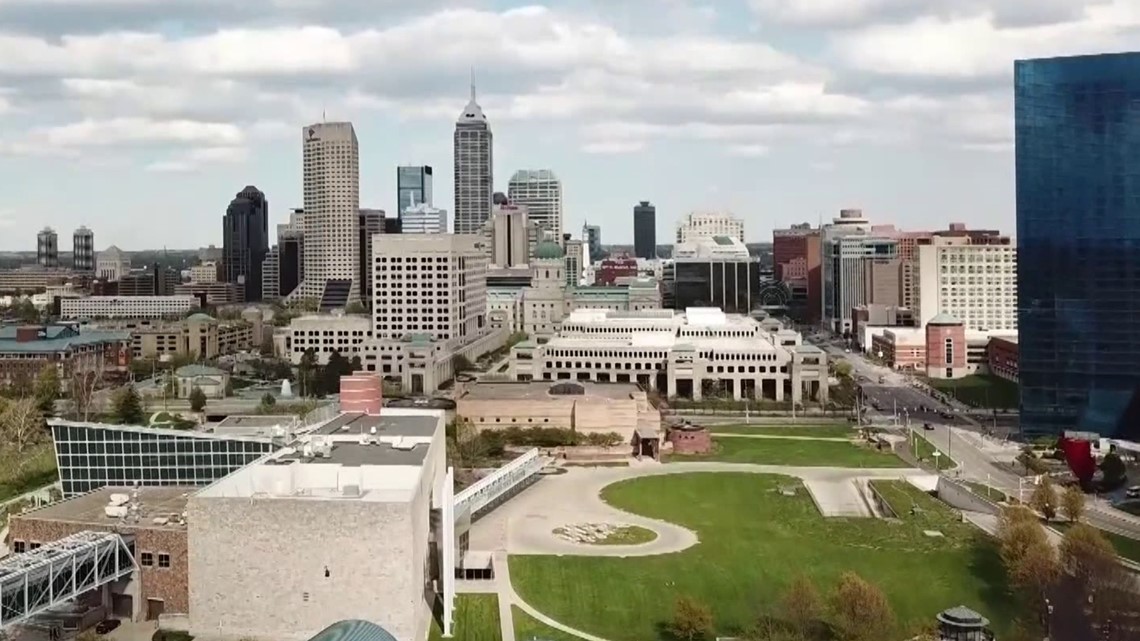
Indy's city budget
The budget is set to be introduced. A proposal to accept it has already been drafted and sponsored by Councilors Brown, Lewis and Osili.
The 2024 budget called for the city spend $1.5 billion dollars.
Major highlights for funding were supporting IMPD, reducing gun violence and investments in road infrastructure.
Despite increased funding, IMPD has struggled to recruit. In April, IMPD had 1,477 officers but was budgeted for almost 300 more.
By Aug. 9, that had fallen to 1,441 out of the 1,743 they were budgeted, leaving the department down almost 20%.
On Aug. 12, the city posted the proposed budget online. Here are our big takeaways.
Vision Zero safety plan
Indianapolis has seen a sharp rise in pedestrian and cyclist fatalities since the COVID-19 pandemic.
The City-County Council is poised to vote for a Vision Zero plan that could dramatically reduce the number of fatalities.
Introduced by Councilor John Barth (D-7), the proposal passed the Public Works Committee on July 18.
The Vision Zero proposal will establish a 15-member task force. It will cover appointments from both the council president and the mayor to oversee the action plan.
Vision Zero has had some success in other cities, including similar cities in the Midwest.

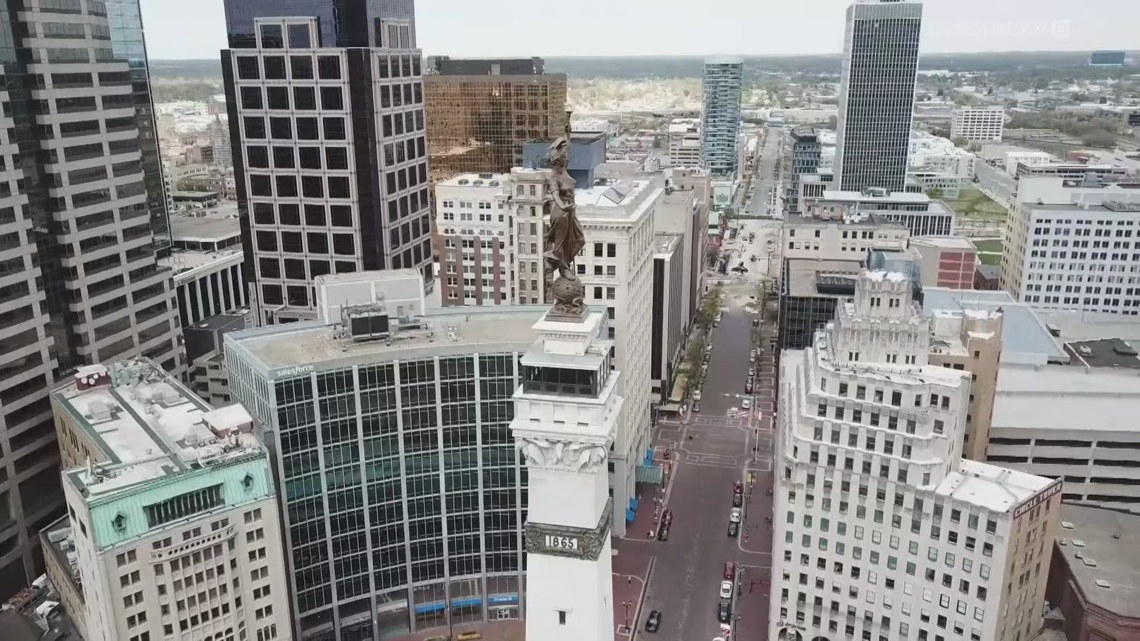
Downtown Economic Enhancement District
Despite a move by the General Assembly to block an Economic Enhancement District, councilors are expected to approve one.
A newly drawn Downtown Economic Enhancement District was meant to get around restrictions state lawmakers passed in the spring.
The money from the district is meant to pay for maintenance and beautification in downtown Indianapolis.
You can take a look at the newly designed map here.

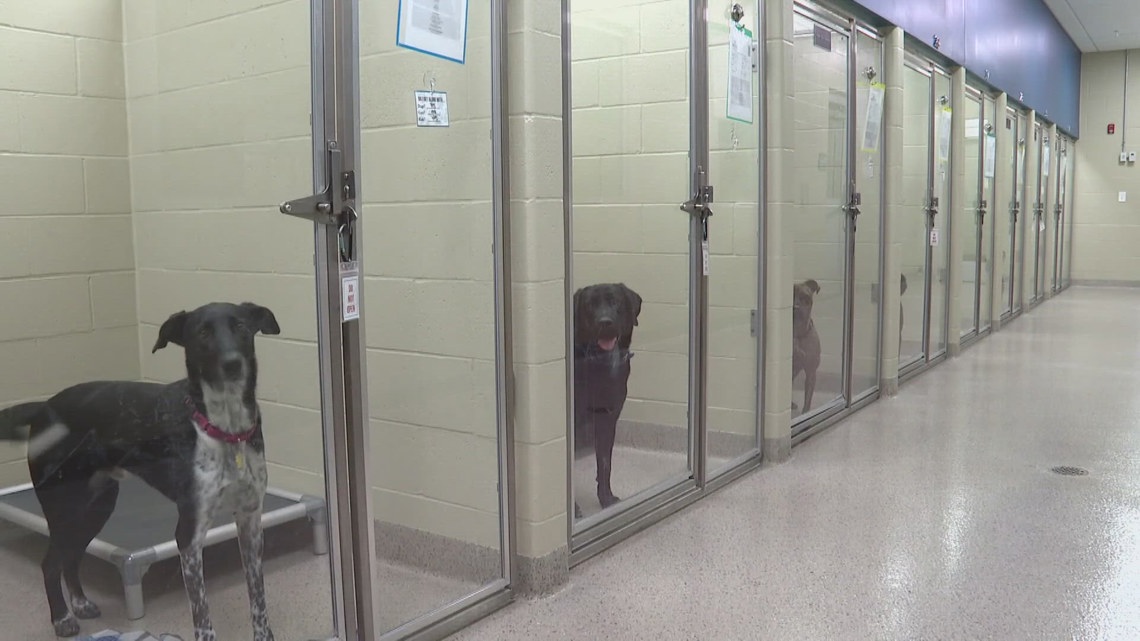
Cracking down on backyard breeders
The council is expected to also work around a different law from this year's legislative session, this one dealing with so-called "puppy mills."
State lawmakers blocked an attempt to block dog breeders in Marion County.
A new proposal would require owners to register dogs that haven't been spayed or neutered.
They would then need to prove a female dog was healthy before she could be bred, and could only allow her to have puppies once every 18 months.
RELATED: Indianapolis City-County Council to hear proposal placing restrictions on backyard pet breeders
Registering short-term rentals
Councilors may also take up a short-term rental permitting program.
The program would require short-term rentals to meet certain minimum standards, Owners would have to get a permit that would cost $150 for each "unit" they rent out.
State law heavily restricts how local communities can regulate short-term rentals like AirBnB or Vrbo.
A few cities, including Carmel, had their restrictions "grandfathered" in to state law.
Carmel recently won a court order preventing a homeowner from renting out a home there.

